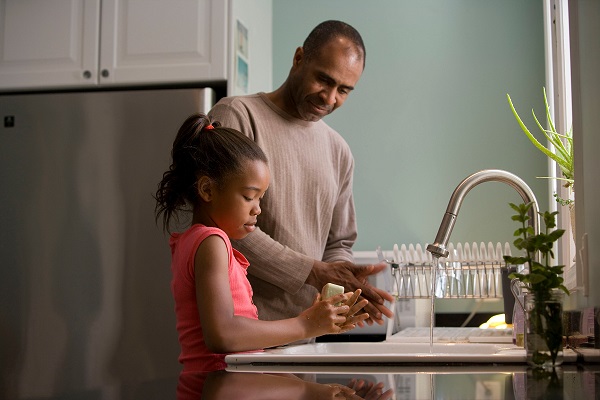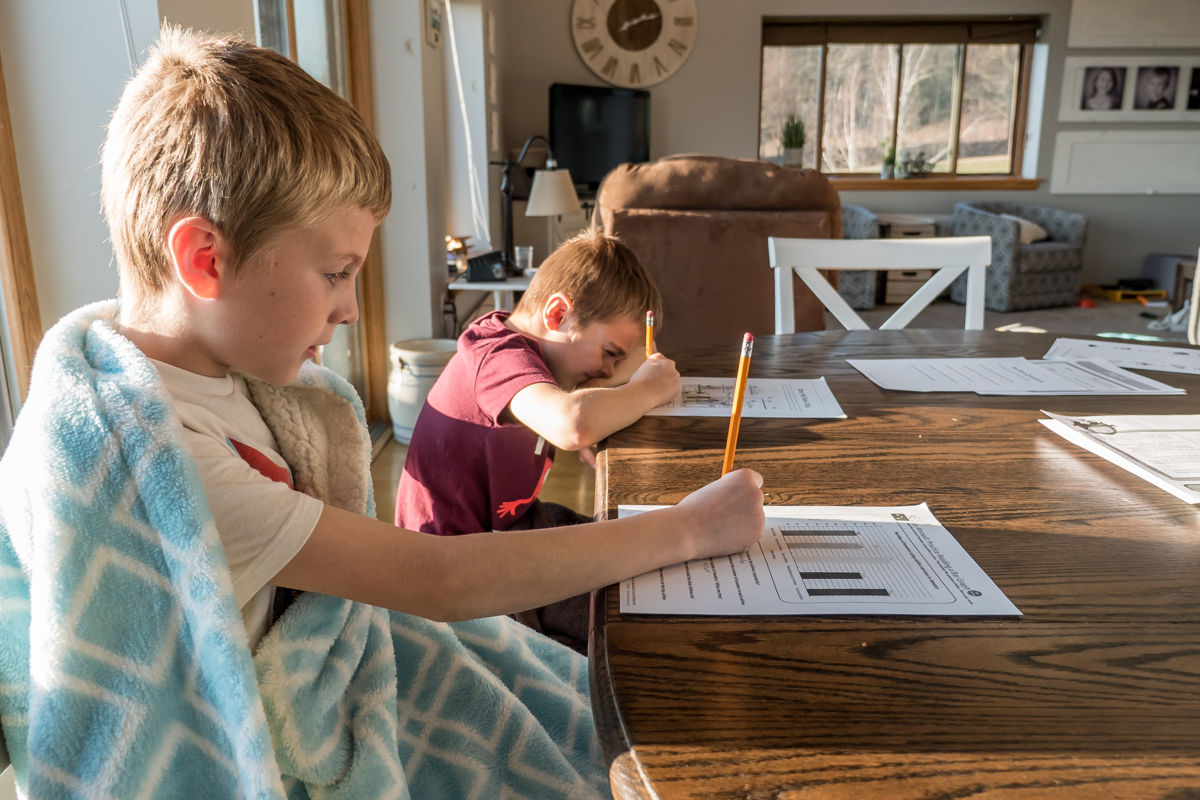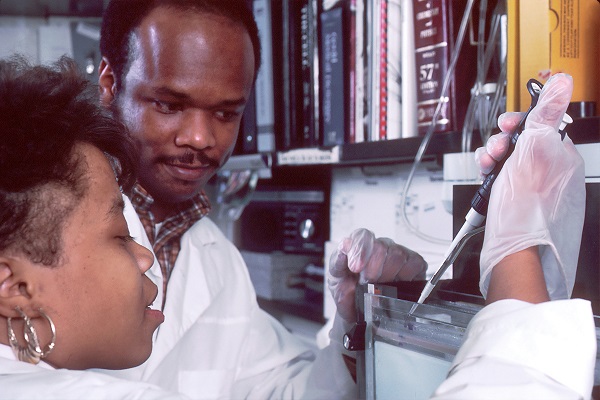
School closures have been received differently by children; you have one group that welcomed the extended holiday, while others actually missed going to school. Thus returning to school will be another big shift or change that will need both families and children to navigate carefully. Children are bound to be affected by change and that sometimes makes it difficult to cope. There are feelings that generate with change; instability, confusion, anxiety and stress. This is much more prominent when change is sudden. With the COVID-19 global pandemic, there is enough anxiety and stress to go around and that rubs off on children. That is why it is important to prepare your child to go back to school without fear and keeping them informed about the realities that they should expect so that they aren’t shaken by surprise. Schools will be taking necessary measures to adhere to social distancing and sanitation for the safety of the children. This will be a different structure and routine for both teachers and students so it is important that children are aware of the environment they are walking into. Parents should go above and beyond in assisting educators by supporting and facilitating the transition ahead of them. Here are a few tips on how parents should prepare their children to go back to school.
1. Inform and Prepare Your Child for What to Expect:
Parents need to understand that ignorance or protecting their children from the ugly realities of this world will not shield their children but endanger them. Have open and honest conversations appropriate to their age which will help make sense of the world they should be expecting when they resume with school. Make sure your child knows what is going and what they need to do to keep themselves safe like washing their hands and keeping their masks on at all times while maintaining social distance. Make these conversations constant until it is engraved in their minds. This will help them feel more prepared and secure in themselves.
2. Listen, Listen, Listen.
Allow your child to express their thoughts and feelings too. This is very important. Without judgement, listen to where your child’s mind is so that if there is a problem, solutions are found immediately to help reassure your child that it is okay to be worried or scared or anxious and that you are there to help them. Your child also needs to experience this transition in their own way with your support.
3. Build Up a Routine.
Since lockdown, structures and routines that were followed during school terms have been shattered; they need to be built up again. That speaks to bedtime, waking up, schoolwork and activities, meal times and leisure times. Make the home environment ‘school structured’ before schools open so your child can adjust to it while there is still time. In addition, it will help you as a parent too; you need to adjust to the time changes as well so that you are not affected when schools open again.
4. Offer Encouragement
It may take time before a comfortable routine is found and before children are fully okay with being back at school. So, don’t hold back on encouraging them every day whether they had a good or bad day. Engage with them about their experiences and make sure you reassure them when necessary. Positive reinforcements are pivotal in a child’s growth and education. Above all, make sure you look after yourself and your children. Sanitation is important and a child often forgets so it will be your duty to take extra precautions at home especially when schools do commence. It is not an easy road but it can be crossed.




